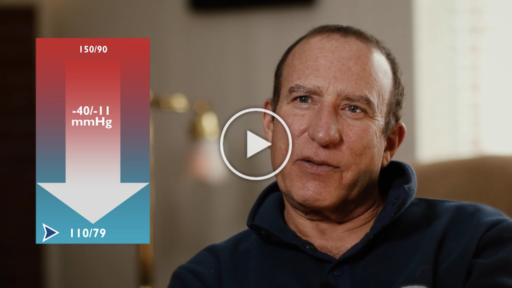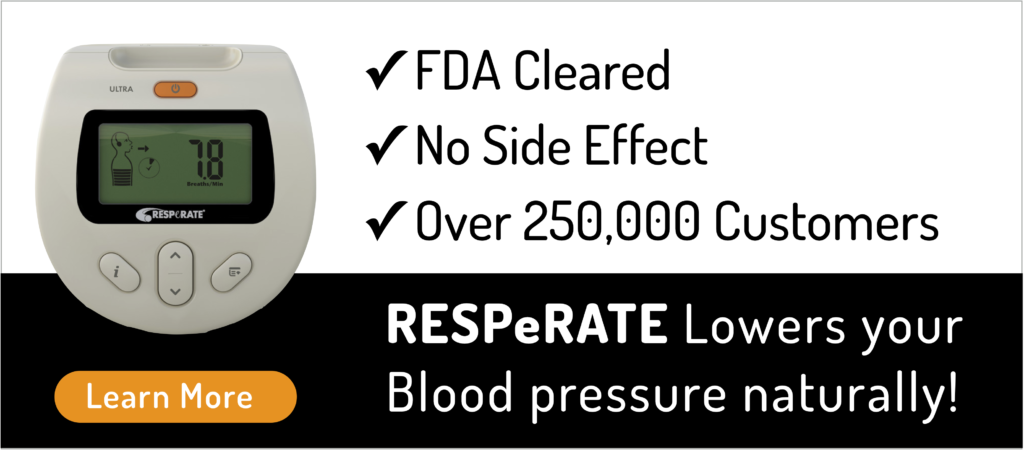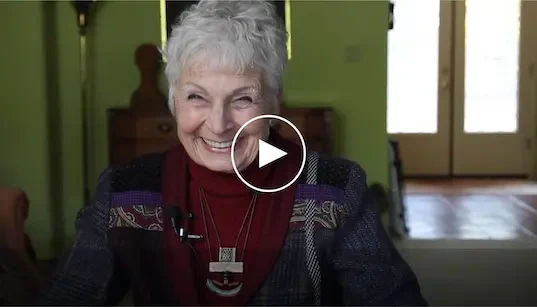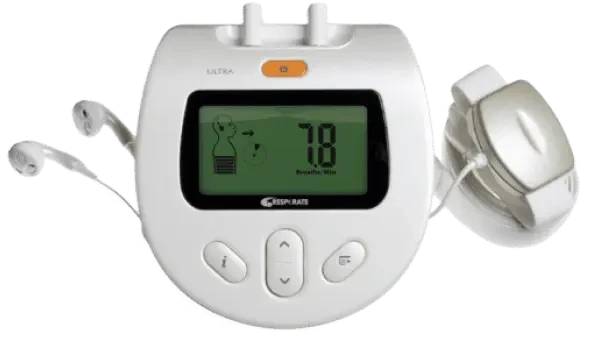Almost 7% of Americans will be diagnosed with post-traumatic stress (PTSD) at some point during their lifetime. Annually 3.5% of Americans have been diagnosed with PTSD. These individuals struggle with sleep disorders such as insomnia, sleeping too much, and nightmares. Often they struggle with the trauma during the day, and nighttime can feel like a battleground that offers little to no respite from traumatic memories and intrusive thoughts.
Post-traumatic stress disorder (PTSD), classified under Trauma and Stress-Related Disorders in the DSM-IV-TR, is a mental health problem that can occur following experience of a psychologically traumatic event like war, assault, or disaster. The estimated prevalence of PTSD in the general population is 1-9%, among victims with significant trauma the figure is 20–45% and among veterans it is 15–20%.
Sleep disturbances contribute to poor clinical outcomes including poor daytime function, increased suicidal tendencies and depression, poorer perceived physical health and increased drug and substance abuse. Previously, studies showed that patients with chronic psychiatric disorders may be at increased risk of sleep problems and that sleep problems may exacerbate psychiatric disorder symptoms such as anxiety and PTSD.
Sleep disturbances in PTSD are core features that are often resistant to first-line treatments. It has been shown that sleep disturbance independently aggravates daytime symptoms and often requires sleep-target intervention.
How Does PTSD Affect Sleep?
People with PTSD often find that their traumatic memories intrude on their ability to sleep. Some common PTSD-related sleep symptoms include:
- Being unable to fall asleep because of anxiety or agitation.
- Difficulty staying asleep because of frequent nightmares.
- Poor quality sleep because of nightmares. Some people report waking up many times each night and struggling to fall back asleep each time. This is called maintenance insomnia.
- Sleep problems related to drugs or alcohol. Some people with PTSD use alcohol or drugs to cope, which can cause sleep problems. Some medications for PTSD and anxiety may also cause sleep problems. For example, benzodiazepines may make it difficult to wake up in the morning.
A study that compared people with insomnia who did not have PTSD to those with combat-related PTSD and insomnia found important differences in the two groups. Those included:
- More repetitive nightmares in people with PTSD. People with PTSD were more likely to say their nightmares made it difficult to go back to sleep.
- More anxiety during the day in people with PTSD.
- More fatigue during the day among people with PTSD.
This suggests a feedback loop between sleep issues and other PTSD symptoms. Sleep problems can intensify daytime PTSD symptoms, which may make it even more difficult to sleep at night. People who feel anxious or fatigued during the day may ruminate more on their traumatic memories, increasing the risk of nightmares and other issues when they try to sleep.
Coping With Sleep Related PTSD Sleep Issue
Lifestyle changes can help some people with PTSD sleep more soundly. The National Sleep Foundation emphasizes that sleep is a habit, so the right changes can help the body adopt healthy sleep habits that offer better sleep. Try the following:
- Design a comfortable sleeping area, with a firm and supportive mattress and comfortable pillow.
- Develop a relaxing bedtime ritual.
- Stick to the same sleep schedule every day, even on weekends or vacations.
- Avoid napping during the day if you have trouble sleeping at night.
- Exercise every day, but not right before bed.
- Keep your bedroom cool, between 60-67 degrees Fahrenheit.
- Keep your bedroom quiet. Some people find that a white noise machine helps.
- If you can’t fall asleep, get up and do something else.
- Use your bed only for sleeping—not to play, read, or do work.
- Eat a light snack 45 minutes before bed if you tend to wake up hungry.
- Avoid heavy meals, alcohol, caffeine, and cigarettes before bed. Some people find drinking caffeine in the afternoon makes it harder to sleep.
Treating PTSD and Insomnia
Treating patients with PTSD for sleep disorders has sometimes been heartbreaking. Until the past few decades, people with PTSD were not treated for it, because the condition had not even been described. Today, treatments have evolved and patients can benefit from them.
Treatment should be coordinated by an expert in treating PTSD, most often a psychiatrist. The therapies that may be effective are the “talk therapies,” often in concert with medications. Two drugs have been approved by the FDA to treat PTSD: sertraline (Zoloft®) and paroxetine (Paxil®).
In an exciting development, recent research shows that an “old” drug, prazosin, originally used to treat high blood pressure, may be effective in reducing the nightmares in PTSD patients. It is believed that norepinephrine may play a role in causing sleep disturbances and nightmares in PTSD, and prazosin reduces the levels of norepinephrine in the brain.
Non-Drug Treatments For PTSD
The National Center for PTSD explains that the most effective treatments for post traumatic stress disorder involve medication or different types of therapy. While research has proven that various medications drastically improve symptoms, there are many non-medical alternative approaches that are just as beneficial. Five such non-medical alternative treatments for PTSD include cognitive behavioral therapy, eye movement desensitization and reprocessing, sound therapy, mind-body medicine and practicing mindfulness.
Device-guided breathing could be a difference maker in patients suffering from post traumatic stress disorder (PTSD) findings from a new study show. Study results showed that RESPeRATE, a portable electronic device that promotes slow, deep breathing, actually improved symptoms of patients suffering from PTSD.

 Eli Ben-Yehuda
Eli Ben-Yehuda 















 Download Brochure
Download Brochure
Comments